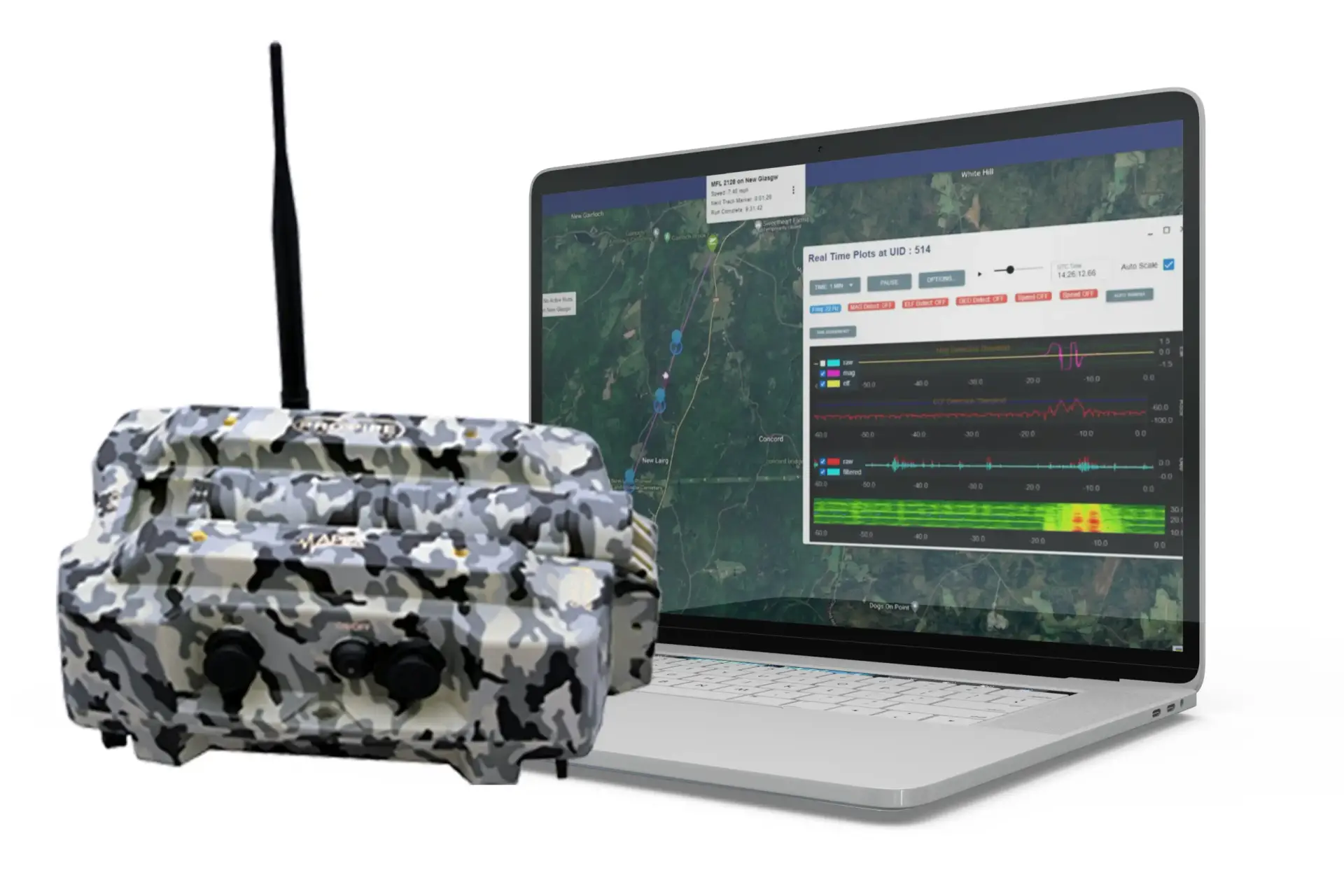Pipelines face constant stress from corrosion, pressure, and the environment. To avoid failures and costly downtime, operators need proactive inspection strategies. These strategies help us anticipate problems before they escalate, improving safety, reliability, and compliance. Here’s how to design a pipeline integrity program that works in practice.
Step 1: Baseline Assessment & Risk Mapping
Start by gathering existing records — inspection reports, maintenance logs, and incident history. Use them to identify high-risk areas such as welds, corrosion-prone segments, or hard-to-access locations. This baseline provides a reference point for future inspections and helps prioritize resources.
Step 2: Choose the Right Inspection Tools
Different pipelines require different approaches. Straight, large-diameter lines suit smart pigs with UT or MFL sensors. Tighter bends or smaller diameters may need tethered crawlers or external NDT. Our APEX AGM (Above Ground Markers) and transmitters add flexibility, detecting pigs and welds even in challenging environments.
Step 3: Define Inspection Frequency
Set inspection intervals based on risk. High-stress areas need frequent checks, while lower-risk segments require less. Tracking how corrosion or defects change over time is essential for predicting when intervention is needed.
Step 4: Collect & Analyze Data in Real Time
Modern strategies rely on accurate data. Propipe North America’s APEX AGM devices log events, provide GPS-synced timestamps, and stream data when connected. With PigView Web and Mobile, operators can visualize anomalies, reduce false alarms, and track changes over time.
Step 5: Plan Responses & Execute Maintenance
Inspection data must lead to action. Define clear thresholds for corrosion or defects and assign responsibility for repairs. Planning in advance ensures fast, effective responses and minimizes downtime.
Step 6: Continuous Improvement & Compliance
After each run, review results, adjust intervals, and track performance. Stay aligned with PHMSA, CSA, and other regulations. Incorporate new tools such as AI analytics and more resilient sensors to keep your program current.
How Propipe North America Supports Proactive Integrity
Propipe North America provides the tools and software to make inspections reliable and data-driven:
-
APEX AGM enables remote detection and continuous pig tracking via LTE or satellite.
-
Multi-sensor inputs detect welds, speed, magnets, and vibration.
-
Long battery life (~144 hours active) supports extended fieldwork.
-
PigView Web and Mobile give real-time alerts, historical data, and event logs.
A proactive inspection strategy keeps pipelines safe, compliant, and cost-efficient. Instead of reacting to failures, operators act with foresight — saving money and extending asset life.
Want to future-proof your inspection program? Contact Propipe North America to explore how our APEX AGM and PigView can power smarter pipeline integrity management.



